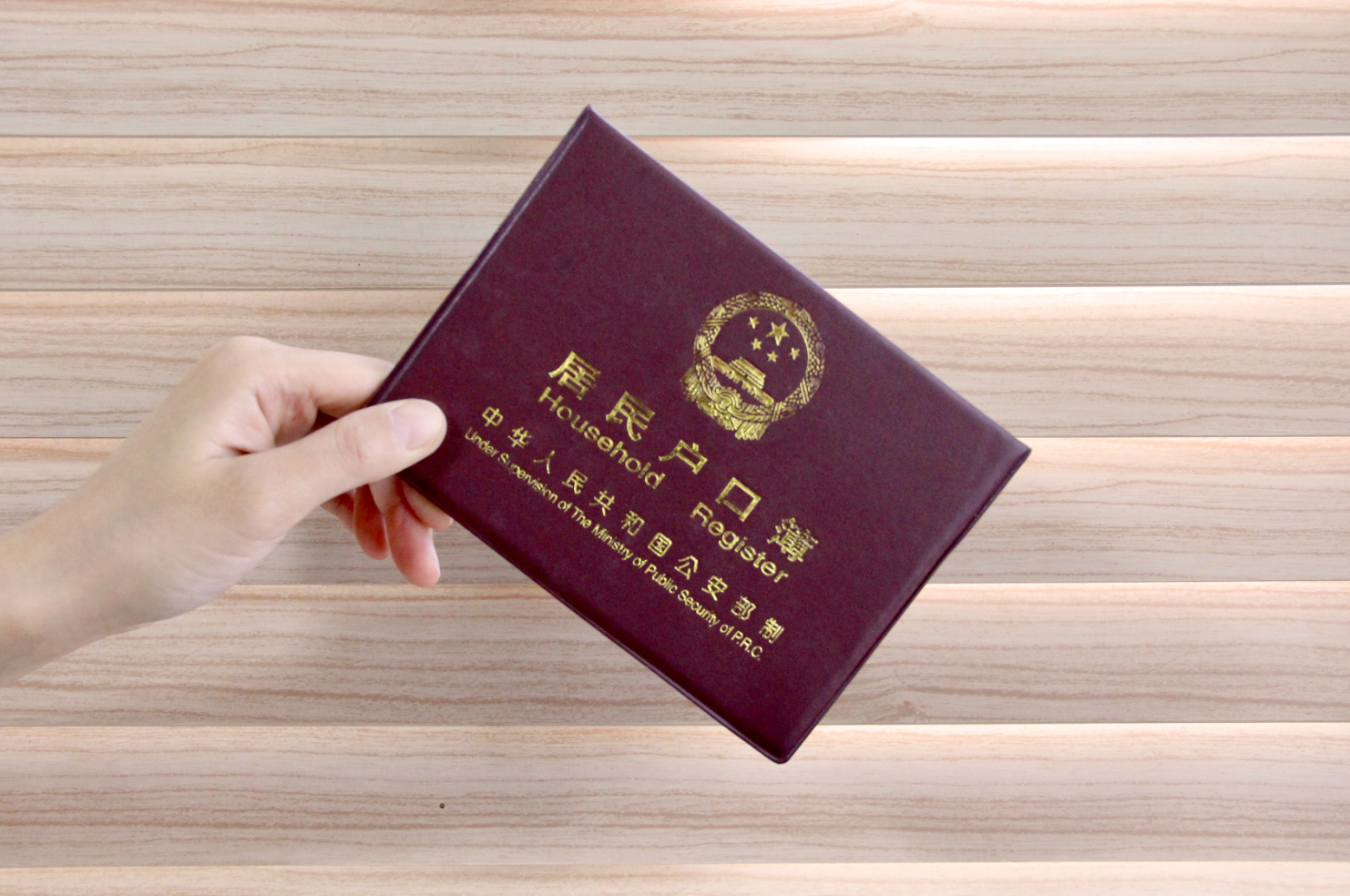Hukou

Published in View from the Edge – A monthly column by Lee Han Shih, Founder of the Potato Group, featured in the CompassList newsletter. The Sailor’s Log offers analysis, insights and coverage of noteworthy trends from up-and-coming startup ecosystems. It goes out the first and third Wednesday of every month. Get the CompassList newsletter here.
With a stroke of the pen, China has launched arguably the biggest talent grab in history.
On Christmas Day, 2019, China said it would largely do away with the “hukou” system, which had lasted unbroken for nearly 24 centuries.
Hukou, or “household registration,” binds every Chinese to the place where he’s officially registered (usually his birthplace), and prohibits travel and relocation without government approval.
It was invented in 356 BCE by the western state of Qin for easy administration, taxation and military mobilization. This enabled the Qin state to dominate its rivals during the Warring States Period (which began in 475 BCE), and it became the first state to rule a unified China in 221 BCE.
The system was kept intact by China’s successive rulers – and exported to other countries, such as North Korea. When the Communists took over China in 1949, hukou was split into two aspects: travel, usually for work, was allowed, but a person’s social benefits stayed rooted in his place of registration. He could move to another city for employment, but could not freely acquire real estate and settle there; neither could he automatically qualify for the public healthcare, education and social security offered by that new city. In the past 70 years, this dual nature of hukou – seen by the authorities as necessary to prevent overcrowding of major cities and the overstraining of their resources – has created hundreds of millions of migrant workers who effectively have become second-class citizens in China.
Starting 2020, hukou is abolished for cities with small populations (3m and below) and vastly loosened for the mid-range ones (3m–5m). Only 17 cities retain the system: the five mega-cities with more than 10m residents each – Beijing, Shanghai, Guangzhou, Shenzhen and Chongqing – and a dozen “first-tier” cities with populations of about 5m to 10m. These include Tianjin, Wuhan and Hangzhou, the headquarters of Alibaba.
The impact of the new policy is vast and immediate. It is also timely: China needs a free flow of talent to help pivot its economy from low-cost manufacturing to high value-added, knowledge-based products and services. Before this, most Chinese talent tended to flock to the largest cities. With the hukou requirements largely done away with, the smaller cities are now able to offer various incentives to attract talent to their midst.
China is a highly competitive society. It produces up to 10m university graduates annually, half of them engineers. These and other untold millions compete for jobs and benefits across the country. The cities compete with one another, too, for talent and investment, to boost output and tax revenues.
The fight is merciless – having higher output will push cities up the league table (say, from third-tier to second-tier), winning them greater autonomy and resources. It will also help propel the officials in charge to higher positions. Barely one month has passed since the hukou reforms, already some cities are offering housing benefits, startup grants and other incentives to attract talent, especially those well versed in the hotly sought-after ABC – AI, Blockchain and Cloud. The competition can only get stiffer with time. For professional talent in China, it is a seller’s market these days.
